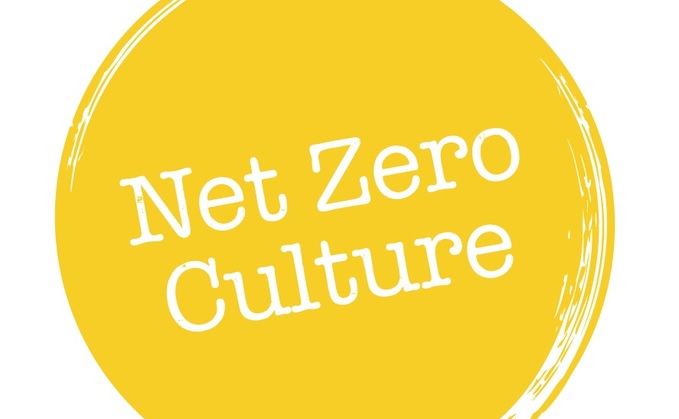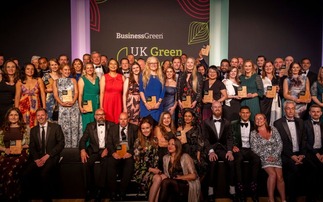
BusinessGreen's new Net Zero Culture Hub, hosted in association with BCG, will explore how organisations can engage with the public to accelerate climate action
What does a net zero culture look like? This is a fascinating, if often overlooked question that should be of both practical and academic interest to any organisation engaged in the net zero transition.
At the practical level, deep decarbonisation is a human endeavour with society-wide reach and it therefore requires the engagement and support of multiple constituencies. Businesses, policymakers, and the public at large all need to be convinced, cajoled, and encouraged to embrace the fastest industrial revolution in history. New skills have to be developed, new products have to be marketed, and new behaviours have to be adopted.
Much of the debate surrounding the net zero transition focuses on how to deploy hard infrastructure and cutting edge technologies at pace and scale. But as the recent media backlash against the UK's net zero policies has highlighted, these changes become a lot easier if the right narrative is created. The onus is upon political and business leaders to nurture a net zero culture that both welcomes and enables the investments and behaviour changes required to slash emissions. Without a net zero culture the net zero transition is doomed.
But if you need to create a net zero culture to build a new zero economy, it is also true that if you build a net zero economy it will create a net zero culture. You don't have to be a neo-Marxist to understand that the relationship between the economic and cultural spheres is entirely symbiotic.
All previous industrial revolutions have shaped the culture, and the green industrial revolution will be no different. It took decades to play out, but the first industrial revolution eventually helped give us universal suffrage, the entire concept of leisure time, the emergence of a middle class, and a lot more besides. The post war consumer revolution gave us teenagers, rock and roll, and modern consumer culture. The digital revolution gave us hyper connectivity and transparency, echo chambers and globalisation, binge-watching and endless doom-scrolling on our phones. It will be fascinating to watch what the net zero transition gives us. Will the four day week, the primacy of experiences over physical products, and a complete reappraisal of animal rights become to the green industrial revolution what the weekend, the Ford Model T, and workers' rights were to the first industrial revolution?
More pertinently, how can businesses catalyse such changes? How can they create a working culture that is supportive of the net zero transition and shape the public discourse to create new green markets and behaviours?
These are just some of the questions BusinessGreen is looking forward to exploring through our upcoming Net Zero Culture Summit on December 8th and as part of the new Net Zero Culture Hub, which launches today in association with consultancy giant BCG. Over the coming weeks, we'll look at how to create a net zero working culture - starting with today's investigation from Isabella Kaminski - how to instil a net zero culture among customers and partners, and how leading cultural industries such as fashion, hospitality, advertising and broadcast are working to accelerate the net zero transition.
What does a net zero culture look like? No one is quite sure as yet, but you'll know it when you see it.
Want to find out more about how to instil a net zero culture? Sign up now for a free pass to the Net Zero Festival, which will take place from September 29th.









